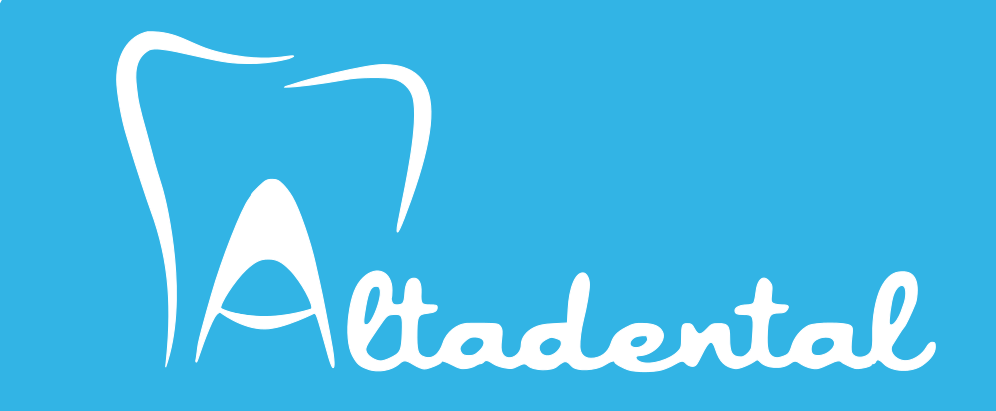How Do I Maintain Good Oral Health in My Senior Years?
Your teeth can last a lifetime with proper home care and regular dental checkups. No matter what your age, you can keep your teeth and gums healthy by brushing twice a day with a fluoride toothpaste, flossing daily and seeing your dentist regularly for professional cleanings and checkups.What Special Oral Health Issues Should I Know About as a Senior?
Even if you brush and floss regularly, you may face certain issues in your senior years when it comes to your oral health. Wearing dentures, taking medications and general health conditions are some of the issues many seniors face. Luckily, your dentist and physician can help you meet most of these challenges quite successfully.Cavities and decay on the root surfaces of the teeth are more common in older adults. So it's important to brush with a fluoride toothpaste, floss daily and see your dentist regularly.
Sensitivity can be an increasing problem as one ages. Your gums naturally recede over time, exposing areas of the tooth that are not protected by enamel. These areas are particularly prone to pain due to cold or hot foods or beverages. In severe cases cold air, as well as sensitivity to sour and sweet drinks and foods, can occur. If you experience sensitivity, try an anti-sensitivity toothpaste. If the problem persists, see your dentist, as the sensitivity may be an indication of a more serious condition, such as a cavity or a cracked or fractured tooth.Dry mouth is a common condition in seniors, and one that may be caused by medications or certain medical disorders. Left untreated, dry mouth can damage your teeth. Your dentist can recommend various methods to restore moisture in your mouth, as well as appropriate treatments or medications to help prevent the problems associated with dry mouth.Existing health conditions such as diabetes, heart disease, or cancer, can affect your oral health. Be sure to let your dentist know of any general health issues you're facing, so that he or she understands the whole situation and can help you meet your special requirements.
Dentures can make life easier for many seniors, but they require special care. Follow your dentist's instructions carefully and see your dentist if any problems arise. An annual checkup is recommended for long-term denture wearers.Gum disease is a potentially serious condition that can affect people of all ages, but especially people over 40. A number of factors can increase the severity of gum disease, including:Bad dietPoor oral hygieneSystemic diseases, such as diabetes, heart disease and cancer.Environmental factors such as: stress and smoking Certain medications that can influence gum condition Because the earliest stages of gum disease are reversible, it is important to spot it early on. Regular dental checkups can insure early detection and treatment of gum disease. Best of all, it is easy to prevent gum disease from developing in the first place, by practicing proper oral hygiene.Crowns and bridges are used to strengthen damaged teeth or replace missing ones. A crown is used to entirely cover or "cap" a damaged tooth. Besides strengthening a damaged tooth, a crown can be used to improve its appearance, shape or alignment. Bridges are commonly used to replace one or more missing teeth. They span the space where the teeth are missing. Bridges are cemented to the natural teeth or implants surrounding the empty space.
Source: Seniors Oral Health Article | Seniors | Colgate® Oral Care Information Seniors
Source Link: http://www.colgate.com/en/us/oc/oral-health/life-stages/oral-care-age-55-up/article/oral-health-for-seniors













